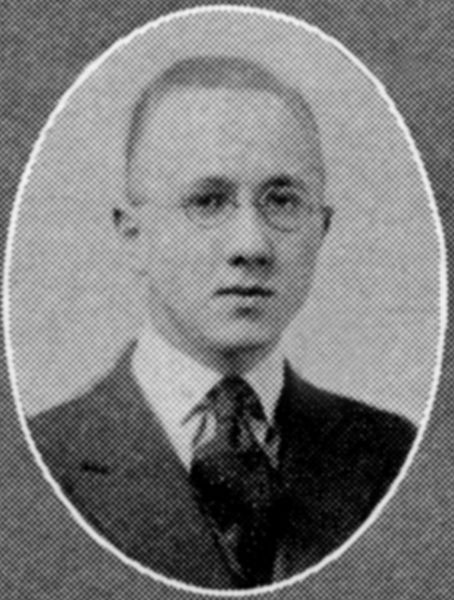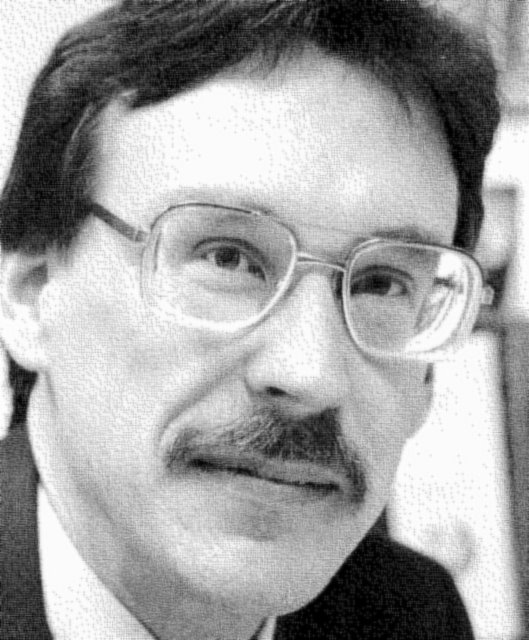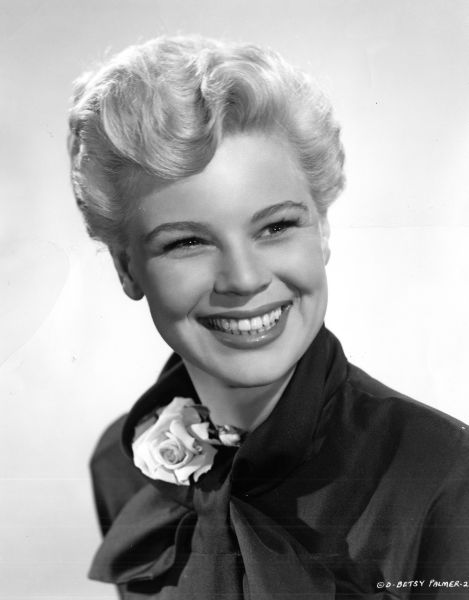As the newly-appointed director of the Marshall Space Flight Center at the National Aeronautics and Space Administration (NASA), Dr. Wernher von Braun was invited by the Wheaton College Student Union as its final guest for the 1960-61 Lyceum season. Scheduled to speak at 8:00 on June 3, 1961, in the newly-constructed Edman Chapel, Dr. von Braun delivered his lecture, entitled “Why We Must Conquer Space” to a capacity crowd. His talk was accompanied by a Disney-animated film, featuring the various stages of rocket deployment as the piloted craft thundered toward the stars. From 1947 to 1976, he presented approximately 500 speeches, speaking on topics ranging from education and religion to the Cold War and space travel.
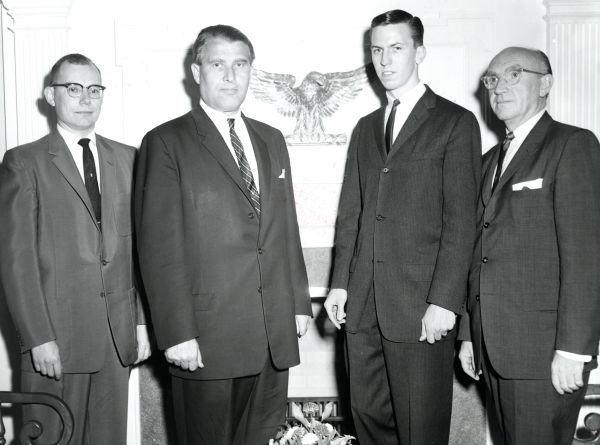
A former member of the Nazi party and decorated war hero, Dr. von Braun during WW II supervised the development of German V-2 rockets, a deadly new weapon employed by Hitler to blitz London. After the war, von Braun and his colleagues surrendered to the Allies and were brought to the the U.S., where they were stationed at White Sands Proving Grounds in Alamogordo, New Mexico, continuing their research on intermediate range ballistic missiles. As rocket technology matured, von Braun and his team were incorporated as the visionary nucleus of NASA, lending their expertise to its stated goal of space exploration. Later operating from his lab in Huntsville, Alabama, he developed the Saturn V booster, which propelled the Apollo spacecraft to the Moon in 1969.
According to W. Albert Wilson, a former NASA employee and Gideon Society member, in 1962 a troubled-looking von Braun requested a private session after hearing Wilson present the Gideon ministry to a church in Alabama. “When I left the office, I knew that he had become a Christian,” recalled Wilson. Strengthening his faith, von Braun attended a Lutheran church and often read from the Gideon Bible Wilson had presented to him.
Scattered throughout von Braun’s lectures are intriguing remarks about God and faith:
We do not expect to find, through the exploration of space, tangible proof of the existence of God. But as scientists we cannot but admire His handiwork more deeply as we learn more about creation. And indirectly we learn more about the Creator…For spiritual comfort I find assurance in the concept of the Fatherhood of God. For ethical guidance I rely on the corollary concept of the brotherhood of man. Huntsville Ministerial Association, St. Thomas Episcopal Church, Nov. 13, 1962.
Although I know of no reference to Christ ever commenting on scientific work, I do know He said: “Ye shall know the truth and the truth shall make you free.” Thus I am certain that, were He among us today, Christ would encourage scientific research as modern man’s most noble striving to comprehend and admire His Father’s handiwork. Religious Implications of Space Exploration: A Personal View, Belmont Abbey College, North Carolina, November 22, 1971.
In 1976 von Braun was invited by the Lutheran Church of America to present a paper at its synod. Confined to a hospital for cancer treatment, von Braun worked on his presentation for months, but was finally unable to read it when the date arrived. He died on June 16, 1977, at age 65.
In this reaching of the new millennium through faith in the words of Jesus Christ, science can be a valuable tool rather than an impediment. The universe as revealed through scientific inquiry is the living witness that God had indeed been at work. Understanding the nature of the creation provides a substantive basis for the faith by which we attempt to know the nature of the Creator. Responsible Scientific Investigation and Application: A Talk Presented to the Lutheran Church of America, Philadelphia, October 29, 1976.

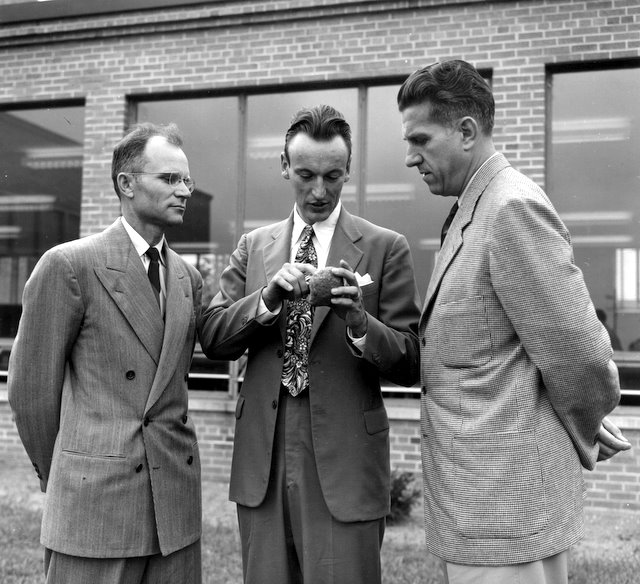
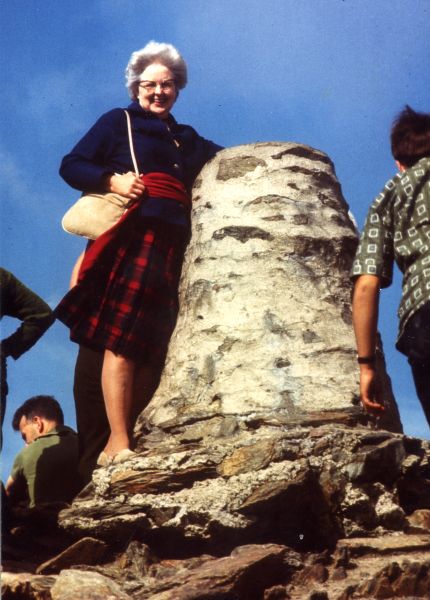
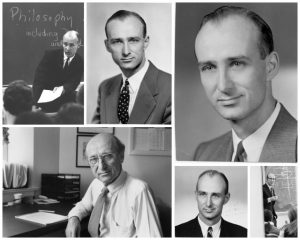 When Wheaton Alumni asked me to tell alumni what I am thinking about nowadays, my mind turned to a recent best-seller that both Christian college and public university educators have been talking about for the last three or four years. Alan Bloom complains in The Closing of the American Mind that today’s students talk as if no such things as right or wrong exist; he adds that they have no world-view in which any such values might be grounded, and that as a result they lack a strong sense of personal identity. Instead we hear talk of “alternative lifestyles,” as if morality is simply a matter of personal preferences.
When Wheaton Alumni asked me to tell alumni what I am thinking about nowadays, my mind turned to a recent best-seller that both Christian college and public university educators have been talking about for the last three or four years. Alan Bloom complains in The Closing of the American Mind that today’s students talk as if no such things as right or wrong exist; he adds that they have no world-view in which any such values might be grounded, and that as a result they lack a strong sense of personal identity. Instead we hear talk of “alternative lifestyles,” as if morality is simply a matter of personal preferences.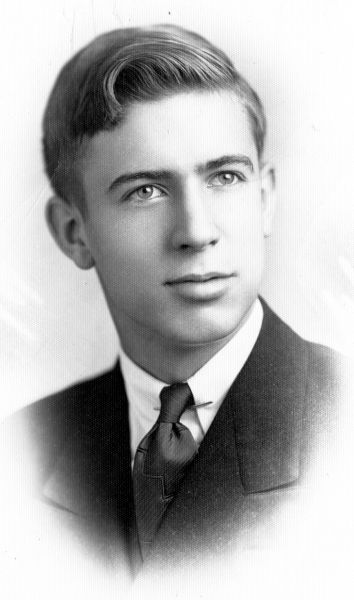
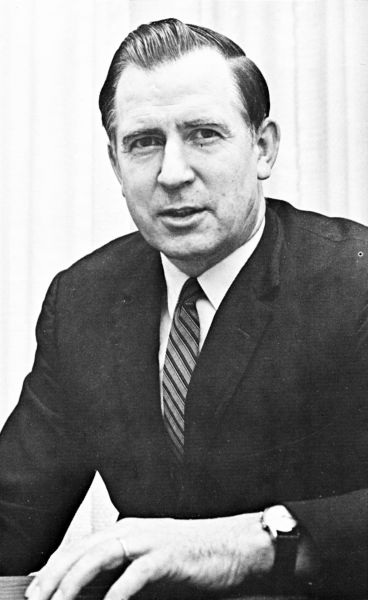
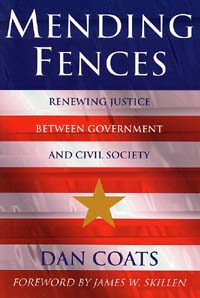 On October 30, 1997
On October 30, 1997 